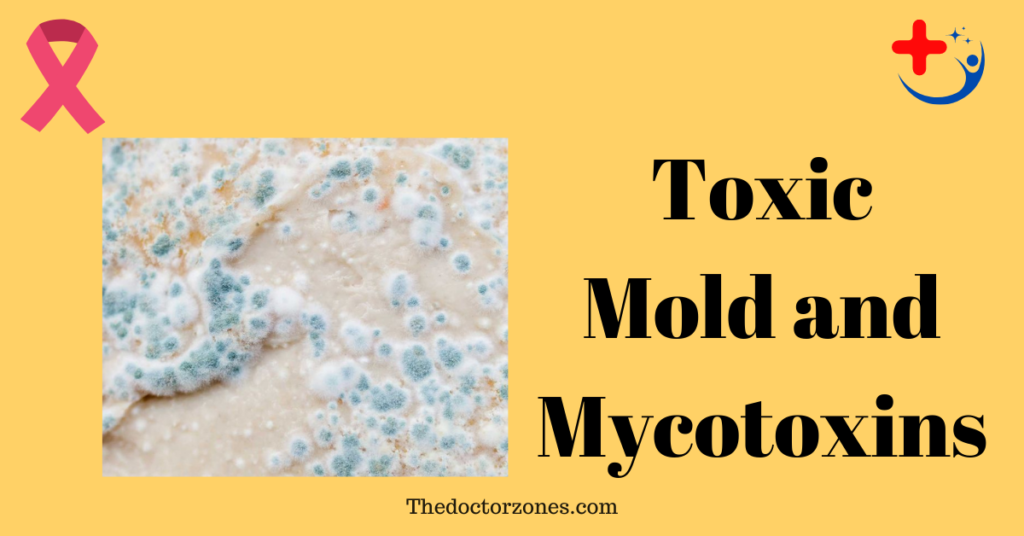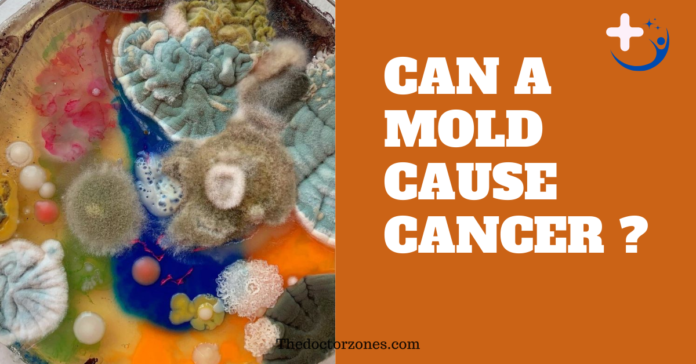Can Mold Cause Cancer
Mold is a type of fungus that thrives in warm, damp, and humid environments, both indoors and outdoors. It reproduces by releasing tiny spores into the air, which can be inhaled by humans. Mold can be found in various places like bathrooms, basements, and even in outdoor environments such as piles of leaves. Some common indoor molds include Aspergillus, Penicillium, Cladosporium, and Stachybotrys (black mold). Discover about Can A Prolapse Be A Sign Of Cancer
The Link Between Mold and Cancer
The relationship between mold and cancer is a topic of ongoing research and debate. As of now, there is no direct evidence linking indoor exposure to mold with cancer. However, mold can cause other significant health problems.
Mycotoxins and Health Risks
Certain molds produce toxic compounds known as mycotoxins. For example, Aspergillus can produce aflatoxins, which have been linked to liver cancer in regions where food contamination is a concern. However, the levels of mycotoxins typically encountered in indoor environments are generally much lower than those used in laboratory experiments. Therefore, while mycotoxins are known to have carcinogenic properties, the direct link between mold exposure in typical indoor settings and cancer remains inconclusive.
Health Issues Associated with Mold
Mold exposure can lead to various health problems, especially for individuals with allergies, asthma, or weakened immune systems. Some common health effects of mold exposure include:
- Allergies: Symptoms such as coughing, sneezing, itchy eyes, runny or stuffy nose, and wheezing.
- Asthma: Mold can trigger asthma attacks in people with asthma.
- Upper Respiratory Symptoms: Irritation and symptoms like a sore throat, coughing, and wheezing.
- Chronic Sinusitis: Long-term exposure can lead to sinus inflammation.
- Serious Infections: Conditions such as aspergillosis, which may cause chest pain and breathing difficulties. Read about What Level Of Eosinophils Indicate Cancer
Specific Types of Mold and Their Effects

- Black Mold (Stachybotrys chartarum): Known for producing a mycotoxin called satratoxin, black mold is often labeled as “toxic mold.” However, according to the CDC, black mold has similar potential health risks as other molds and is not directly linked to cancer.
- Aspergillus: This mold can cause serious health issues, particularly in people with existing lung conditions or weakened immune systems. It can lead to conditions like allergic bronchopulmonary aspergillosis, aspergilloma, and invasive aspergillosis.
Mold and Pulmonary Fibrosis
While mold is not directly linked to cancer, it can cause pulmonary fibrosis (PF), a condition characterized by scarring in the lungs. Long-term PF can increase the risk of lung cancer. However, mold is not a leading cause of PF, and the connection remains weak.
Preventing and Addressing Mold Exposure

To minimize health risks associated with mold, it is essential to address moisture issues in your home. Here are some steps to prevent and remove mold:
- Fix Leaks and Moisture Problems: Repair any leaks in roofs, walls, or plumbing immediately.
- Maintain Proper Ventilation: Use exhaust fans in bathrooms and kitchens to reduce humidity.
- Use Dehumidifiers: Especially in damp areas like basements, to keep humidity levels low.
- Clean Regularly: Keep your home clean and dry, paying special attention to areas prone to moisture.
- Remove Mold Promptly: For areas larger than 10 square feet, consider hiring a professional. For smaller areas, use soap and water or a bleach solution to clean hard surfaces. Porous materials like carpets and drywall may need to be replaced.
When to Get Professional Help
For significant mold infestations, particularly involving black mold or when dealing with vulnerable individuals (e.g., those with asthma, allergies, or weakened immune systems), professional mold remediation might be necessary. Certified mold inspectors and remediation professionals can help ensure that mold is thoroughly removed and that the underlying moisture problem is addressed.
Conclusion
The current scientific evidence does not support a direct link between mold exposure and cancer. While mold can cause various health issues, particularly respiratory problems and allergies, its connection to cancer remains tenuous. Maintaining a dry, well-ventilated indoor environment and promptly addressing any mold growth are crucial steps in safeguarding your health.
FAQs
Q: Can all types of mold cause cancer? A: No, the link between mold and cancer is not well-established. Most mold-related health issues are related to respiratory problems and allergies.
Q: Is black mold always toxic? A: No, the color of mold is not indicative of its toxicity. While some black molds produce mycotoxins, not all are dangerous.
Q: Can mold exposure be completely eliminated? A: While it’s difficult to eliminate mold exposure completely, you can significantly reduce it by maintaining a dry and well-ventilated indoor environment.
Q: Should I be concerned about mold in outdoor environments? A: Outdoor mold is common and usually not a cause for concern unless you’re particularly sensitive to mold allergens.
Q: Is professional mold remediation necessary? A: In severe cases of mold infestation, especially when dealing with toxic molds, seeking professional mold remediation might be advisable for safety reasons.








